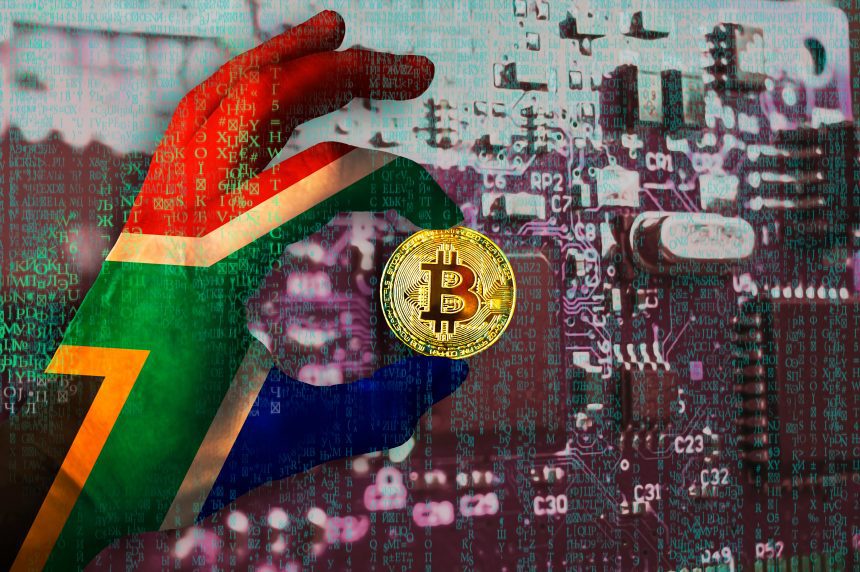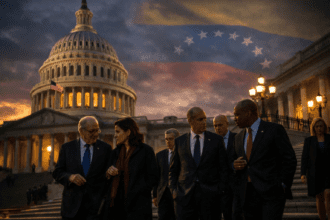You can feel the buzz across Africa’s crypto scene. For years, folks assumed digital coins were playthings for Silicon Valley and hoodie-clad traders. Not anymore. On African ground, crypto is less gamble and more survival tech. It helps people dodge broken rails runaway inflation, fee heavy transfers, frozen accounts. And no, this shift didn’t start in boardrooms. It started in group chats, markets, bus queues.
Banks are far. Currencies wobble. Remittances bite. So people did what they always do: adapt. P2P hubs like Paxful, Binance P2P, and LocalBitcoins became bridges when banks said no. With M-Pesa and other mobile money laying the trust, blockchain was the next step phones turned into tiny bank branches. Nigeria’s grassroots kept trading despite crackdowns. South Africa worked on licenses to shield users and welcome big players. Kenya wove crypto into daily habits and supply chain pilots. Through it all, stablecoins carried the load: quicker remittances, lower costs, better protection from inflation. Startups focused on real stuff sending money, securing land records, culturally rooted NFTs, micro-credit. Practical > flashy.
But rules cut both ways. Ban it and activity slips underground; set clear guardrails and investment shows up. Global exchanges add liquidity and know how, yet they can create dependency, so locals are building their own rails. Beyond money, blockchain tracks crops, stores health records, tests voting tools, and sparks scenes of NFT art, community hubs, and festivals. Sure, problems stick around patchy internet, occasional high fees, scams, and murky policy. Still, necessity keeps the engine running. Mobile first models scale. Bottom-up adoption lasts.
So what’s ahead? Stablecoins for everyday use. P2P as the backbone. Smarter regulation. And African founders exporting what works. The continent isn’t following; it’s setting the pace.
Conclusion: Africa’s writing its own rules. From Nigeria’s P2P grit to Kenya’s mobile-first flow, crypto here solves problems in practice not just on whiteboards. The very challenges unbanked communities, shaky currencies, pricey remittances are exactly why it thrives.





















